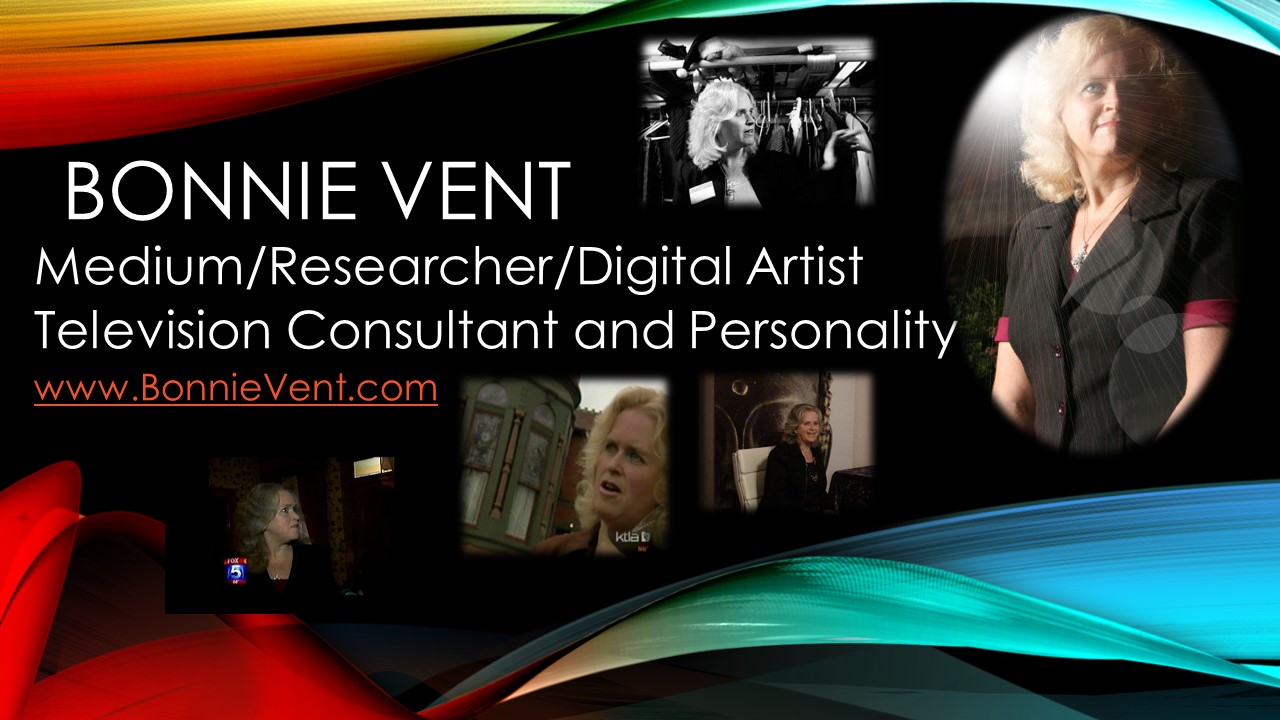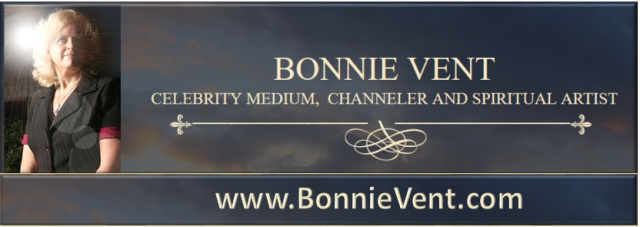I saw Hereafter yesterday after not having been in a movie theater (yay, Netflix!) since Christmas Day, 2007. It was worth the trip.
Hereafter considered life after death through perspectives that were normal, ordinary, and, thus, realistic. One of the people I was with said, "I thought [a certain part] would be more spectacular." I, on the other hand, thought that the normalcy of the after-death portions of the story were what made it extraordinary. It didn't treat mediumship, near-death experiences, or after death communication as anything out of the ordinary. The same cannot be said about how some of the characters viewed these phenomena, though.
Outsider responses to the after death experiences were realistic; that is, people responded either with dismissive disbelief or with frenzied hunger to experience it oneself. The most interesting interaction from the dismissive front was an experiencer asking a non-experiencer if he could even entertain the possibility that there might be something on the other side. His response was something like, "If there was, wouldn't they have found proof by now?"
Let's dissect this argument. First, who are "they"? This is not an infinite number of chimps at an infinite number of keyboards sort of deal. It's not like every scientist in the world is working day and night on this question and they still haven't found anything. There are only a handful of us working with limited resources on this topic so progress is destined to be slow.
In addition, life after death is not a topic typically tackled by science. In most parts of the world, the idea of researching the possibility of life after death is ridiculous. It's like saying you do research on whether the sky is blue. It's just a given that we survive the death of our bodies.
And for most of history, religion, not science, was the authority with all the answers. When, relatively recently, the two split and science also became an answer machine, it disregarded all things religious as superstition. Since the afterlife was the domain of religion, science said, "No thanks. You keep that. We'll be over here." Science didn't start looking at the afterlife with any real gusto until the 1880s and, again, it's not like there were a lot of people working on it (then or now).
Then there's just the logical fallacy of the argument. The absence of proof for something is not proof of its absence.
The additional realistic facets from the film I wanted to point out were the existence of fraudulent "communicators," people demanding readings from a medium, and the presence of information in a mediumship reading that the sitter (who often demanded the reading) didn't necessarily want to hear.
There was a wonderful tongue-in-cheek montage of a grieving individual visiting numerous types of practitioners claiming that their trance mediumship, instrumental transcommunication device, or gallery readings (by the organization's "Senior Sensitive") were sure-fire ways to communicate with the deceased. I just hope the public recognizes that those people, in reality, are the minority.
I thought the common thread of people presupposing that mediums are at their beck and call and somehow required to connect them to their loved ones was an interesting one. My only experience with that is the people who spend a few bucks during some of our online fund raising events in which Windbridge Certified Research Mediums (WCRMs), whose readings usually cost at least a couple hundred dollars, provide "mini-readings" and then become indignant when they do not receive an entire reading's worth of information. (Most people at those events, however, are appropriately grateful for the opportunity to receive communication and support afterlife research.)
And finally, Hereafter addressed the issue of information being present in a reading that the sitter did not necessarily want to hear. I was concerned that the movie was inaccurately leading the viewer to believe that everything a medium says is correct and comes directly from the "mouth" of the deceased; so I was slightly relieved when at least this unwanted information aspect arose. Undesirable information, when verifiable, can be more evidential to a sitter than other types of veridical information because it cannot be dismissed as wishful thinking, the medium just saying what the sitter wants to hear, or the medium acquiring that information psychically from the sitter.
Overall, I thought that Hereafter did a great (but not perfect) job of representing the reality of several types of after death communication and related phenomena. Like I said in my previous post about an episode of the TV show Castle, I am always happy to see references in the popular culture that paint these experiences as normal. They are making it less and less taboo for people to see a medium, be a medium, or talk about their near-death experiences or personal after death communication experiences.
Thank you, Clint.


